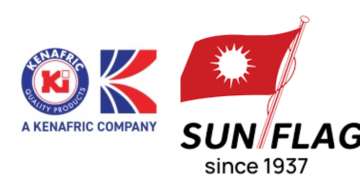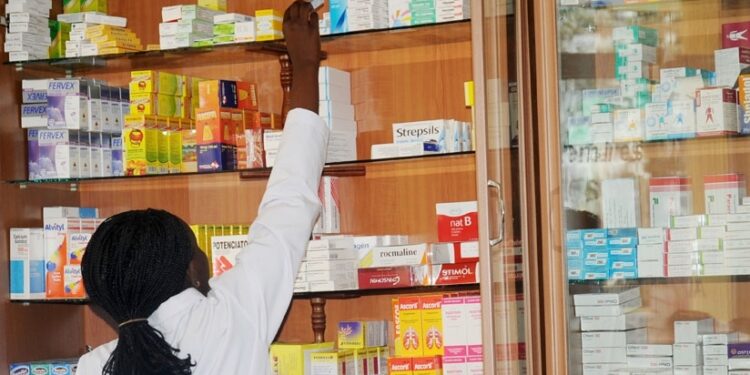The Kenya Association of Manufacturers (KAM) has raised alarm over a proposal in the Finance Bill 2025 that could increase the price of essential medicines by up to 5% starting July 1.
The Bill seeks to change the VAT status of raw materials and inputs used in pharmaceutical manufacturing from “zero-rated” to “exempt.”
According to the manufacturers, the adjustment may sound minor, but it has serious cost implications.
Under zero-rating, manufacturers can claim back VAT paid on inputs such as electricity, warehouse rent, and other business expenses.
However, with exempt status, they can no longer recover this cost, forcing them to absorb or pass it on to consumers.
Also Read: New Twist in Finance Bill 2025 as MP Proposes Health Promotion Levy
Side-by-Side Comparison of the Changes According to Manufacturers
KAM provided a side-by-side comparison of how the change affects costs:
| Zero-rated | Zero-rated (KSH) | Exempt (KSH) |
|---|---|---|
| Cost of inputs & raw materials | 1,000 | 1,000 |
| Business expenses (e.g., electricity) | 500 | 500 |
| Total cost of production | 1,500 | 1,500 |
| VAT incurred on business expenses (16%) | 80 | 80 |
| Input VAT recovered | -80 | 0 |
| Final cost to manufacturer | 1,500 | 1,580 |
| Selling price to consumers (12% markup) | 1,680 | 1,770 |
| % Price Increase | — | 5% |
According to the data issued by the Kenya Association of Manufacturers (KAM), if the bill is passed, the manufacturer’s total cost will rise from Ksh1,500 to Ksh1,580.
With a 12% markup, the retail price of medicines would increase from Ksh1,680 to Ksh1,770, a 5% hike.
Moreover, the manufacturers have warned that the rise in medicine prices could hit low-income households the hardest, limiting access to essential drugs.
Consequently, this could undermine progress made toward Kenya’s universal health coverage goals.
KAM and other industry players are calling on the government to reconsider the proposal to protect both consumers and the local pharmaceutical.
Also Read: KRA Explains Plans of Accessing Private Data in Finance Bill Proposal
CEOs on the Impact of the Move
Earlier, Associate Director at Deloitte Kenya, Fred Kimotho, said that zero-rated goods do not attract output VAT but allow suppliers to claim input VAT from the Kenya Revenue Authority (KRA).
“From a layman’s perspective, zero rating vs exempting goods may seem the same. However, an often-forgotten nuance of the VAT mechanism is the fact that VAT is traditionally meant to be a pass-through cost, borne by the final consumer.
“How this is applied is through the supplier’s ability to claim input VAT against output VAT,” he explained.
Follow our WhatsApp Channel and X Account for real-time news updates.


















































![Senator Allan Chesang And Chanelle Kittony Wed In A Colourful Ceremony [Photos] Trans Nzoia Senator Allan Chesang With Channelle Kittony/Oscar Sudi]( https://thekenyatimescdn-ese7d3e7ghdnbfa9.z01.azurefd.net/prodimages/uploads/2025/11/Trans-Nzoia-Senator-Allan-Chesang-with-Channelle-KittonyOscar-Sudi-360x180.png)






















